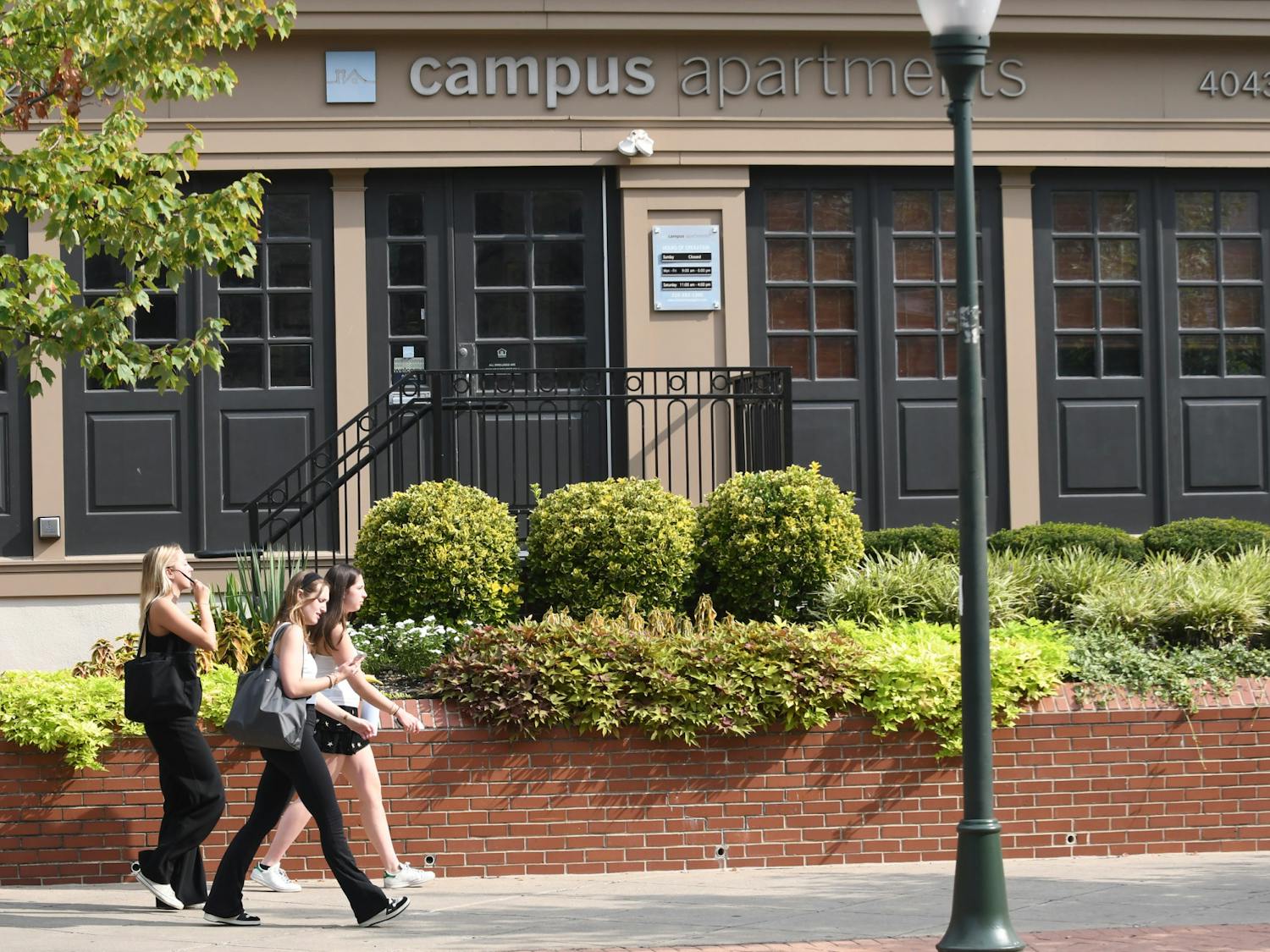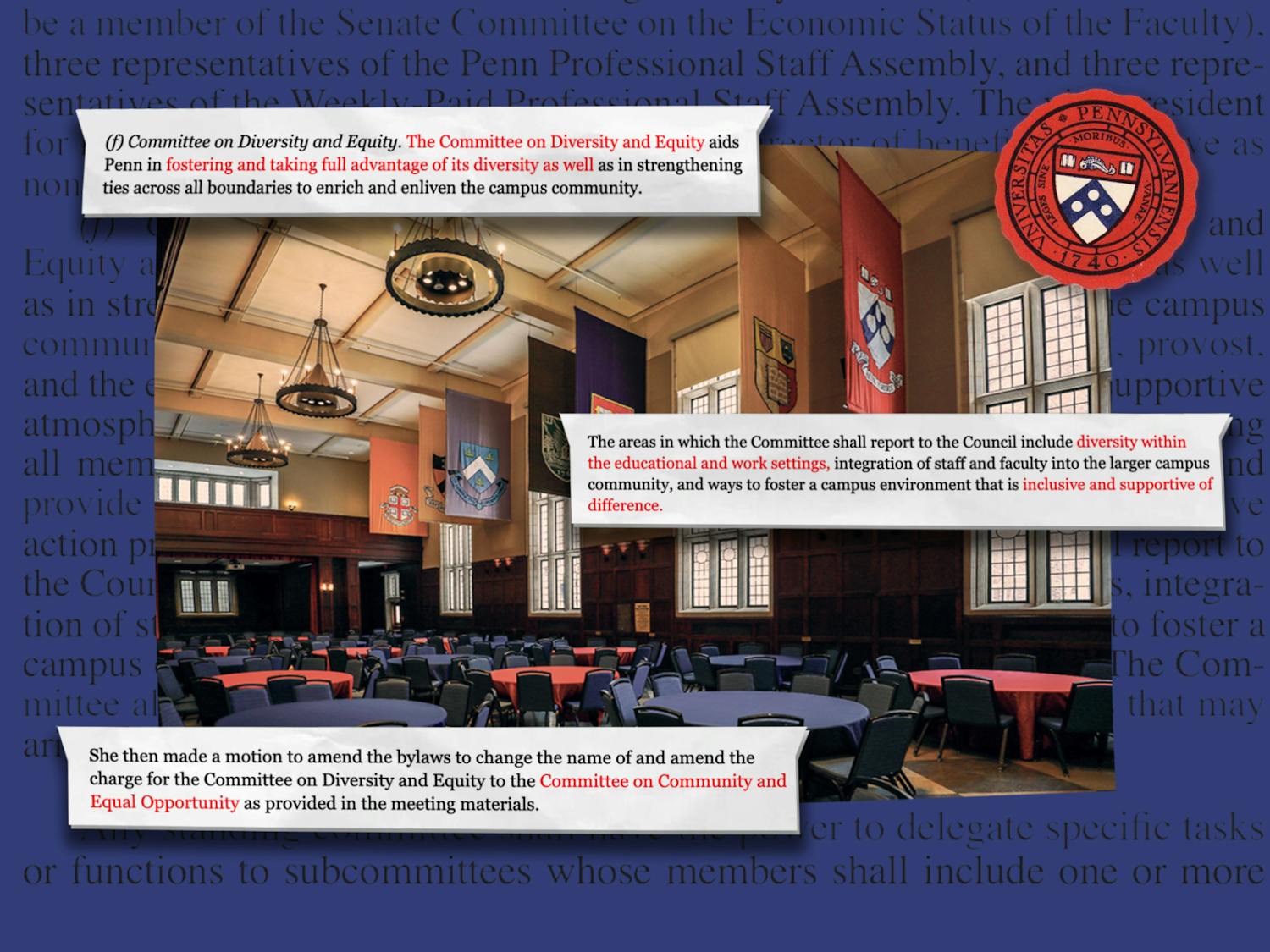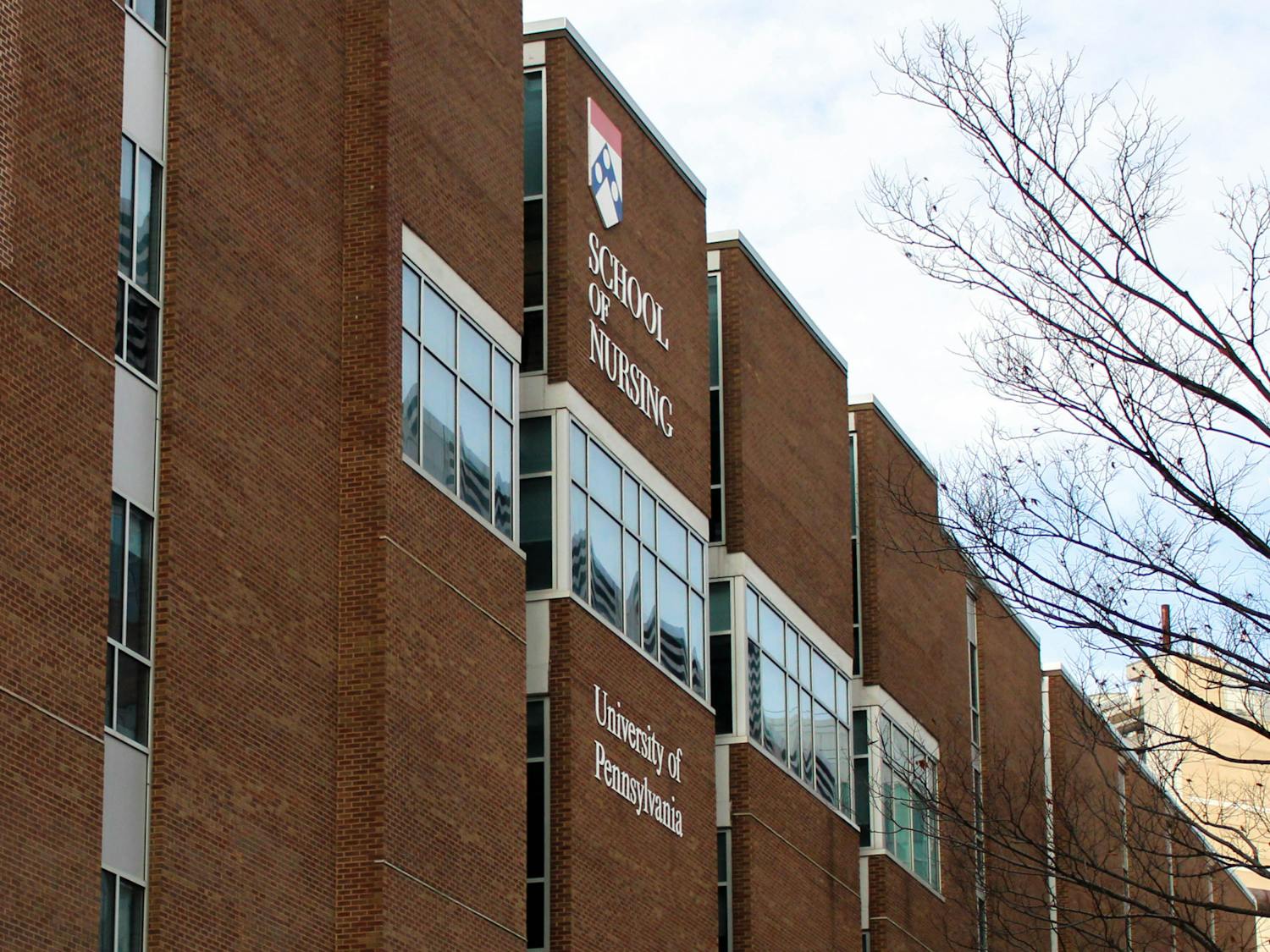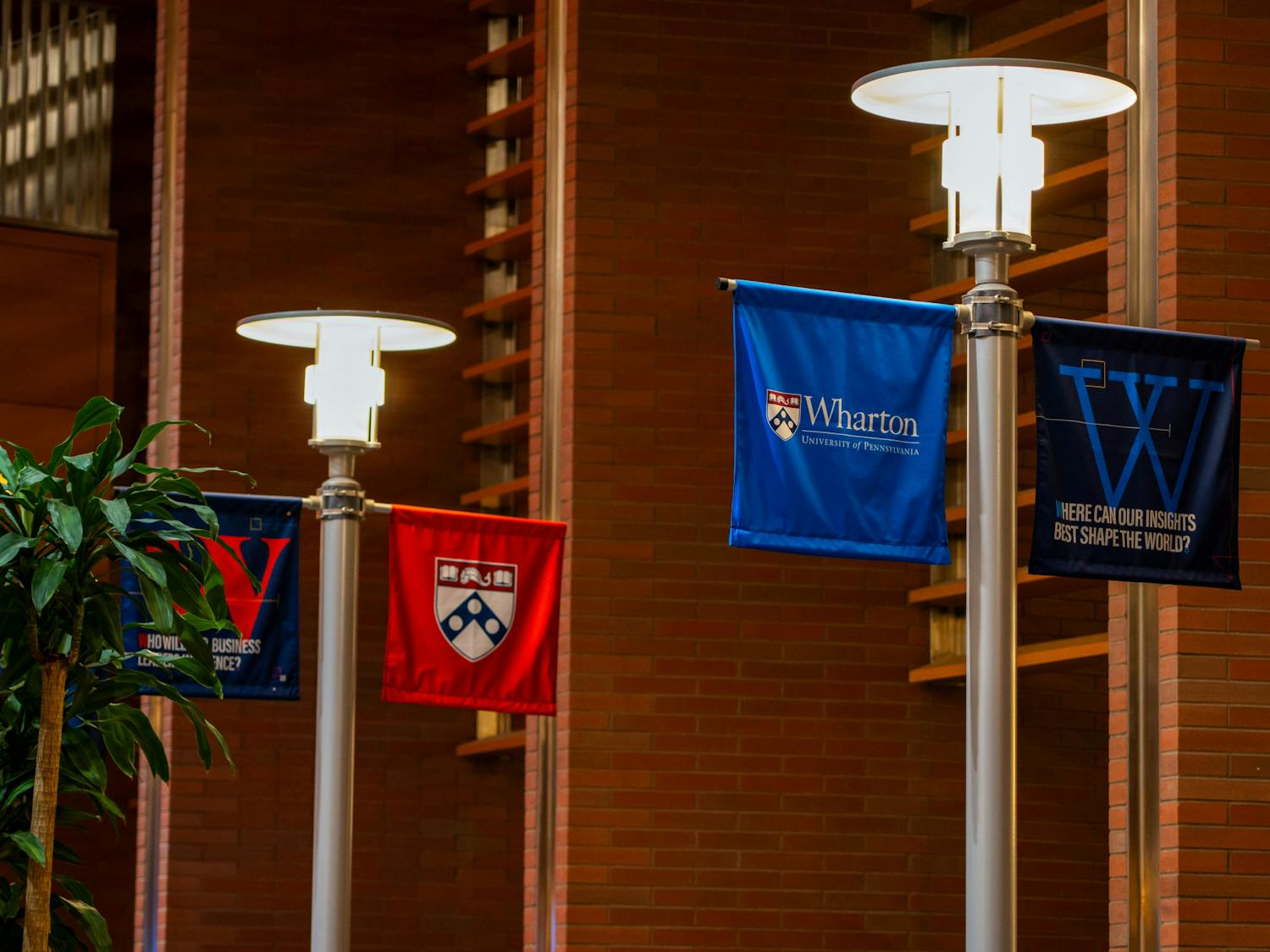The Penn Reading Initiative’s programming is on its way to becoming a national standard.
Program designer and Linguistics professor William Labov is expanding his highly successful tutoring system to colleges across the country.
The Reading Road program, which is the basis for PRI, is currently being used at Tougaloo College in Mississippi, Stanford University, Flagler College in Florida and the College of William and Mary. University of Tennessee, with which Labov will be attending a three-day meeting later this spring, has also expressed interest in PRI methods.
“[PRI] develops narratives and approaches that are rooted in the [students’] neighborhoods,” Netter Center for Community Partnerships Director Ira Harkavy said. He explained that this is one of the many reasons why PRI’s Reading Road — a series of linguistic levels — is unique.
To combat the need for individualized attention, each tutor is assigned students whom they continue working with during their time at PRI. Cory Bowman, associate director of the Netter Center, explained that this is especially important as the language the students speak at home must be taken into account, and different groups of students are more likely to make certain reading errors.
PRI, according to the Netter Center, is the first reading program nationwide that has produced a measurable impact on youths. Penn students from Labov’s academically based community service courses first began tutoring at the now-closed Charles R. Drew Elementary School on 37th and Warren streets. While the course was there, Drew Elementary experienced the highest increase in reading test scores in all of Pennsylvania.
PRI began in 1997 with just two students. Inspired by Harkavy’s seminar entitled “Urban University Community Relations,” they asked Harkavy about conducting research on improving the reading of black youths.
Harkavy then introduced the students to Labov, an expert in black linguistics.
Related
10/15/12: Students gain real-world experience through hands-on classes
10/8/12: Some ABCS classes count towards sector and foundational requirements
“When two undergraduates expressed interest in his work, I never could have predicted it would have led to such growth,” Harkavy said.
Together, Labov and the students created two ABCS courses that launched later in 1997. The courses, “Introduction to African American and Latino English” and “The Sociolinguistics of Reading,” built the curriculum which PRI now uses. In 2009, the ABCS course evolved into the student-run organization PRI.
Labov and his classes worked to overcome two major problems with the current youth reading programs — each student’s need for individualized attention and the lack of engaging narratives.
The Reading Road’s 10 unique linguistic levels each cover a linguistic principle. The levels each contain a seven- to eight-page story, “word math” exercises and concludes with a “tower game.” In the tower game, students get a domino for every word they read correctly and can build a tower with them.
Currently, PRI tutors at Samuel B. Huey Elementary School on 52nd and Pine streets.
PRI Student Director and College senior Dana Feinstein saw the improvement at Huey Elementary firsthand. She has tutored the same two students since freshman year.
“A lot of the kids don’t even know the alphabet when they start the program,” Feinstein said.
This was true for the children she tutors. Now, however, she’s reading the “A Series of Unfortunate Events” chapter books with them.
Huey Elementary’s PSSA records support Feinstein’s conclusion. In the 2009-2010 school year, the school measured students’ improvement on a scale ranging from below basic to advanced. Out of the 12 students tutored, nine students advanced at least one level in 15 tutoring sessions or less.
Members of the ABCS community are excited to see the program thrive.
“[These] ideas are rooted to the best scholarship and are exportable to the world,” Harkavy said.








